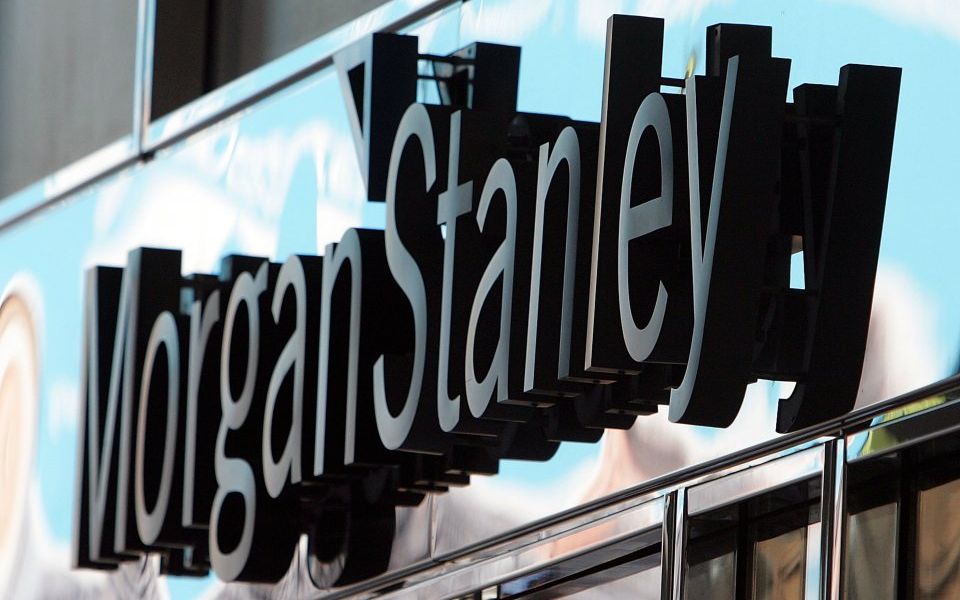
Would a Labour government be as bad for Britain as Brexit? Morgan Stanley thinks so

On Friday morning, Labour leader Jeremy Corbyn came out fighting against one of the world’s largest banks.
Why? Earlier in the week, the bank in question, Morgan Stanley, had warned the chance of a snap UK election by the Autumn of next year was currently above 60 per cent.
But the bank also warned that a Labour government – under the leadership of Mr Corbyn – posed as much a threat to Britain as Brexit.
Mr Corbyn, in typically combative fashion, used the warning as an opportunity to attack the banking industry as a whole.
"Bankers like Morgan Stanley should not run our country, but they think they do," Mr Corbyn said in a video posted on Twitter.
“The next Labour government is a threat to a damaging and failed system that’s rigged for the few,” he added.
It was an obviously inflammatory response from Mr Corbyn who knows by attacking bankers he will appeal to his core support, while alienating few who would be likely to vote for him. It was an easy win.
Whether or not a Labour government does pose as great a threat to Britain’s economy as Brexit, there is some anecdotal evidence that the wealthiest in our society are worried.
There is some evidence that high net worth individuals are already consulting their accountants and lawyers to try to work out how best to hide their assets fearing, rightly or wrongly, a return to the 1970s when income tax stood, at its peak, at 83 per cent.
Those with longer memories might – if they were feeling pedantic – point out that income tax at 83 per cent was not, in fact, the highest income tax has ever been.
As it turns out income tax for the most wealthy in Britain peaked at 92.5 per cent during the Second World War before falling to 90 per cent in the 1950s and 1960s. During most of the 1950s and the early 1960s they would might also point out that it was the Conservative party that was in government.
It was not until Margaret Thatcher became prime minister in 1979 that personal income tax rates began to fall. In the first Budget after her election victory in 1979, the top rate of income tax was reduced from 83 per cent to 60 per cent while the basic rate fell from 33 per cent to 30 per cent.
Income tax rates were then regularly cut until the top rate of income tax fell to 40 per cent, while the basic rate was reduced in stages to 23 per cent by 1997 and now sits at 20 per cent.
Arguably this has enabled more people to do what they like with the money they earn.
And let’s face it no one wants to pay more tax than they have to, whatever their income.
Will Labour really reverse all this and tax the wealth creators of Britain if it gets into power?
Whether it does or not, the fear it will clearly exists. If it didn’t, Morgan Stanley would have had little reason to allude to it.
Would a Labour government be as bad for the economy as Brexit? Well, a flight of capital following a Labour victory at the next election would be damaging. But as damaging as a disorderly Brexit?
So where does that leave us? Well, if Morgan Stanley is to be believed, somewhere between the devil and the deep blue sea.